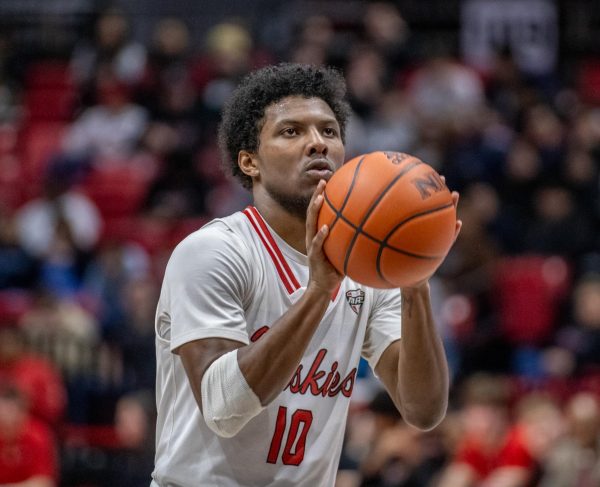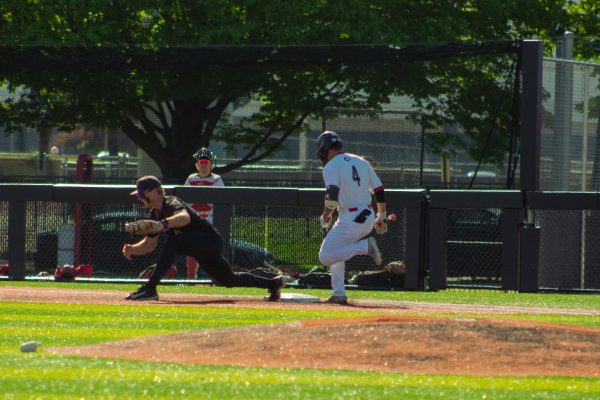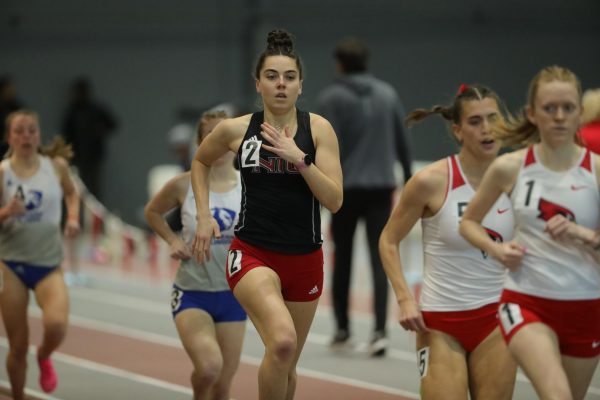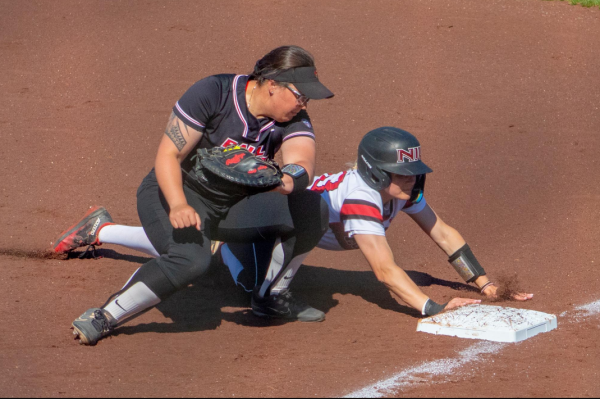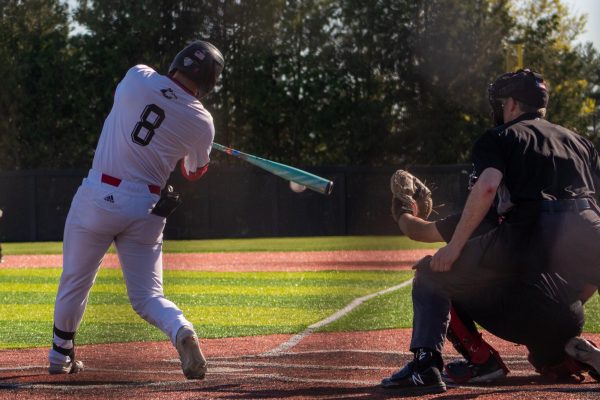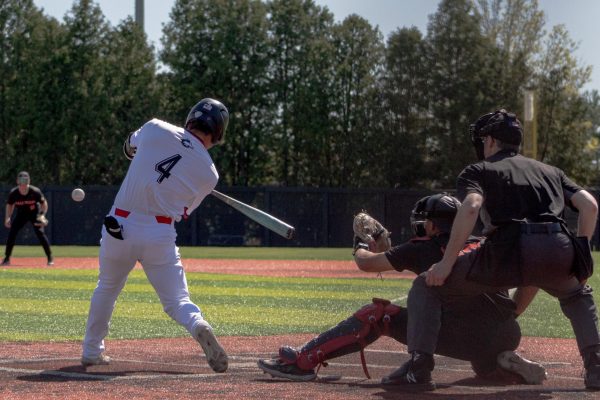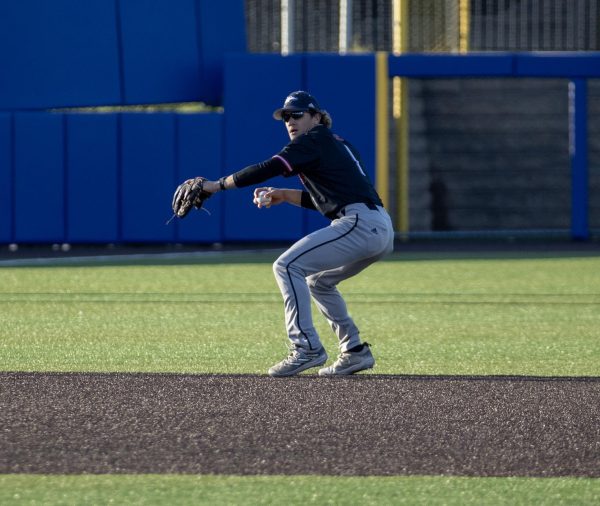Road repairs delayed by need for project funding
March 28, 1989
Repairs to two areas on Lucinda Avenue will be delayed until the city and NIU can obtain funding for the projects.
The two areas are located in front of the Holmes Student Center-Neptune Central area and between Lincoln Hall and the Student Recreation Center.
The city is responsible for repairs near the student center and NIU is responsible for repairs near the residence halls.
Gary Boden, assistant city manager, said the city is awaiting repairs to the student center tower and the Martin Luther King Commons before city road repairs in the area are scheduled.
Financing for the project has yet to be obtained. “Some money is available, but repairs are not anticipated for this fiscal year,” Boden said.
Rough estimates for repairs on the city stretch of Lucinda are between $2.5 million and $3 million including principal interest on 10-year bonds and other costs, he said.
The city will have a more accurate estimate in two to three months, Boden said. The cost to the city could decrease based on participation from the university and the project’s design, he said.
Boden said estimates indicate the Lucinda Avenue damage is beyond the point of cost-effective repairs. He described the current situation as “basically patching patches.”
The road needs to be restructured from the base up, similar to what the city is doing in the Greek Row area, Boden said.
A special taxing district to fund Lucinda Avenue repairs, similar to the one passed last year for Greek Row area road repairs, is not likely. Boden said most of the property surrounding Lucinda Avenue is owned by NIU which does not pay property tax according to state law, Boden said.
The city has been calling for NIU community attention to the road damage issue since 1981 or 1982, Boden said.
“The staff has always looked at the bus service as an integral part of the city,” he said. “But we have to look at the impact on the roads.”
Boden said one bus with a full-sitting load and a 50 percent standing load, which is typical of bus routes 3 or 4, is equivalent to about 3,600 cars traveling over the road.
Damage is not caused so much by the weight of the bus, but by axle pressure, Boden said.
Dave Emerick, Student Association mass transit adviser, said he “respectfully” disagrees with Boden’s statistics. “From what I’ve been told by engineering students and professors, the figure is probably closer to 1,500 to 2,000 vehicles,” he said.
Conrad Miller, administrator and support services project manager, said repairs are needed on the Lucinda Avenue stretch near Lincoln Hall, but funding is not available yet for the project.
Road repair projects must compete with other campus projects, including building repairs, for limited construction funds. Miller said building projects usually receive funds first.
Miller said the road was constructed before the bus system was initiated. “The base was designed to handle passenger vehicle traffic, not bus traffic,” he said.
The mass transit board has a contract with the City of DeKalb allowing the bus system to operate on city streets. Emerick said the city could change its mind at any time and forbid bus traffic on city roads.



